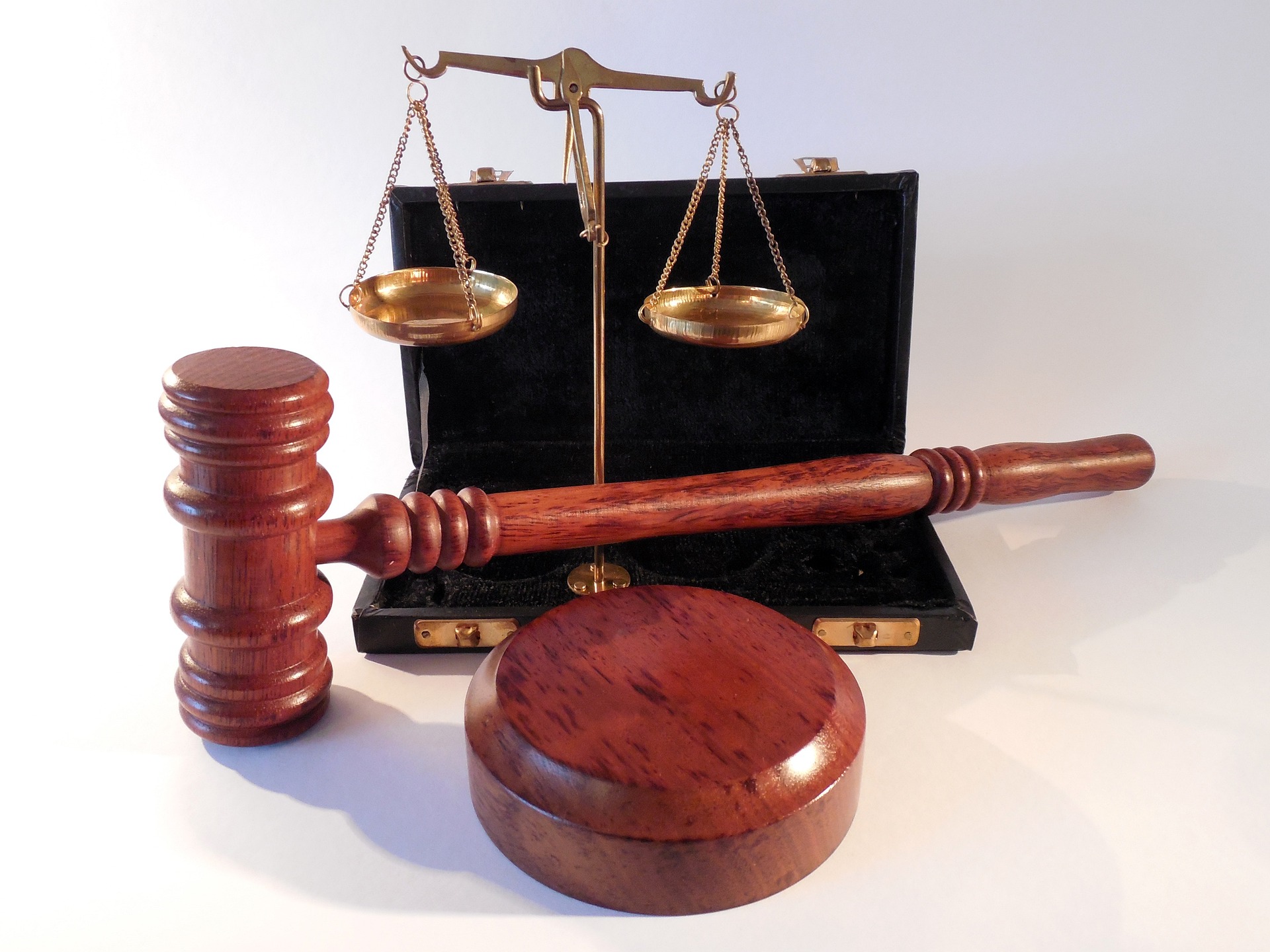Title: Legal Implications of Blockchain in Governance
Introduction: Blockchain technology, initially associated with cryptocurrencies, is now poised to revolutionize governance structures worldwide. This article explores the intricate legal landscape surrounding blockchain's integration into government systems, examining its potential to enhance transparency, security, and efficiency while navigating complex regulatory challenges.
Legal Framework Challenges
As blockchain technology enters the realm of governance, it encounters a complex web of existing laws and regulations. Many jurisdictions lack specific legislation addressing blockchain, creating uncertainty for both implementers and users. The absence of clear legal frameworks poses significant challenges, particularly in areas such as data protection, contract enforcement, and liability determination. Lawmakers and regulators are grappling with how to adapt existing legal structures to accommodate this new technology without stifling innovation.
Smart Contracts and Legal Enforceability
Smart contracts, self-executing agreements with terms directly written into code, present a unique challenge to traditional contract law. While they offer the potential for increased efficiency and reduced disputes, questions arise regarding their legal status and enforceability. Courts must determine how to interpret and enforce these digital agreements, particularly when conflicts arise between the code and human intent. The legal community is working to establish precedents and guidelines for handling smart contract disputes, balancing technological innovation with established legal principles.
Data Protection and Privacy Concerns
Blockchain’s immutable nature raises significant concerns regarding data protection and privacy laws. The technology’s permanent record-keeping capabilities conflict with regulations like the European Union’s General Data Protection Regulation (GDPR), which includes the right to be forgotten. Governments implementing blockchain systems must navigate these contradictions, developing solutions that maintain the integrity of blockchain while respecting individuals’ privacy rights. This may involve innovative approaches such as off-chain storage of personal data or the use of zero-knowledge proofs to verify information without revealing it.
Cross-Border Governance and Jurisdictional Issues
The decentralized nature of blockchain technology presents unique challenges in determining jurisdiction and applicable laws. As blockchain networks often operate across borders, questions arise about which country’s laws apply in case of disputes or regulatory issues. This complexity is particularly evident in areas such as taxation, where governments must determine how to apply existing tax laws to blockchain-based transactions and assets. International cooperation and harmonization of laws may be necessary to address these jurisdictional challenges effectively.
Blockchain-Based Voting Systems: Legal and Constitutional Implications
The potential use of blockchain technology in voting systems has garnered significant attention. While proponents argue that it could increase transparency and reduce fraud, the implementation of such systems raises important legal and constitutional questions. Issues such as voter privacy, the right to a secret ballot, and the potential for technological disenfranchisement must be carefully considered. Lawmakers and election officials must work to ensure that any blockchain-based voting system complies with existing election laws and constitutional requirements while addressing concerns about security and accessibility.
Regulatory Approaches and Government Adoption
Governments worldwide are taking diverse approaches to regulating and adopting blockchain technology. Some jurisdictions have embraced blockchain, creating sandbox environments to encourage innovation while developing appropriate regulatory frameworks. Others have taken a more cautious approach, imposing strict regulations or outright bans on certain blockchain applications. The legal community plays a crucial role in shaping these regulatory approaches, balancing the need for innovation with consumer protection and national security concerns.
Future Legal Landscape and Adaptation
As blockchain technology continues to evolve and integrate into governance structures, the legal landscape will need to adapt accordingly. This may involve the creation of new laws specifically addressing blockchain technology, the modification of existing regulations, and the development of new legal principles to handle unique blockchain-related issues. Legal professionals, policymakers, and technologists must collaborate to create a robust and flexible legal framework that can accommodate the rapid pace of technological change while upholding fundamental legal principles and protecting citizens’ rights.







